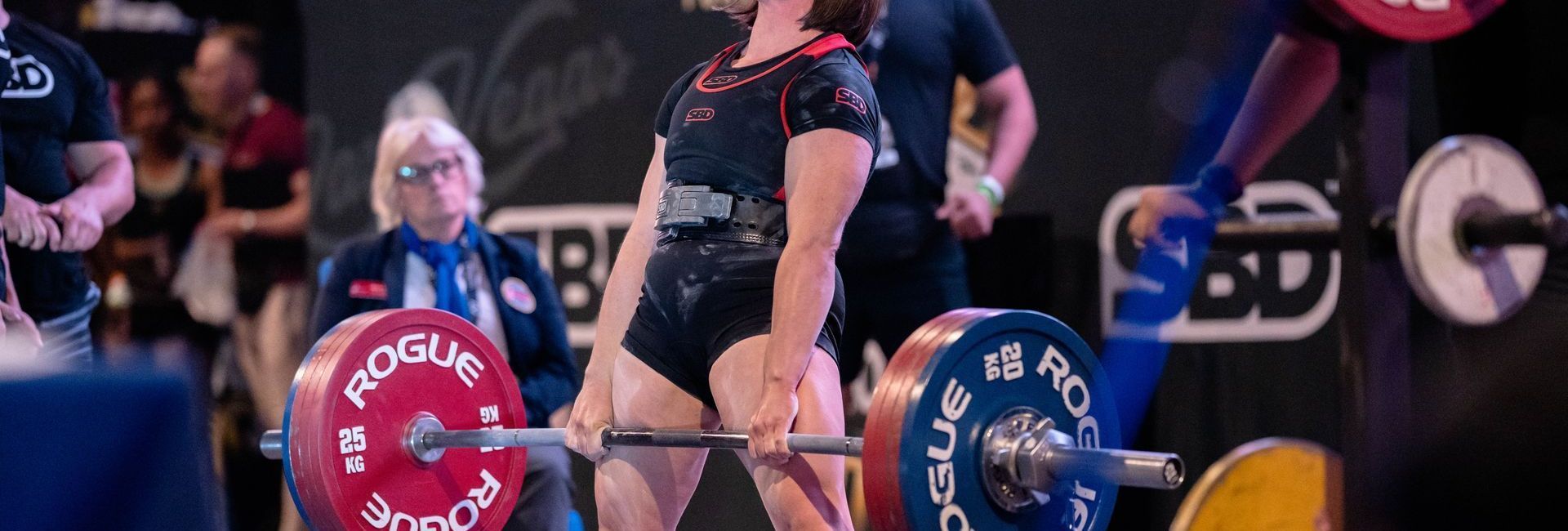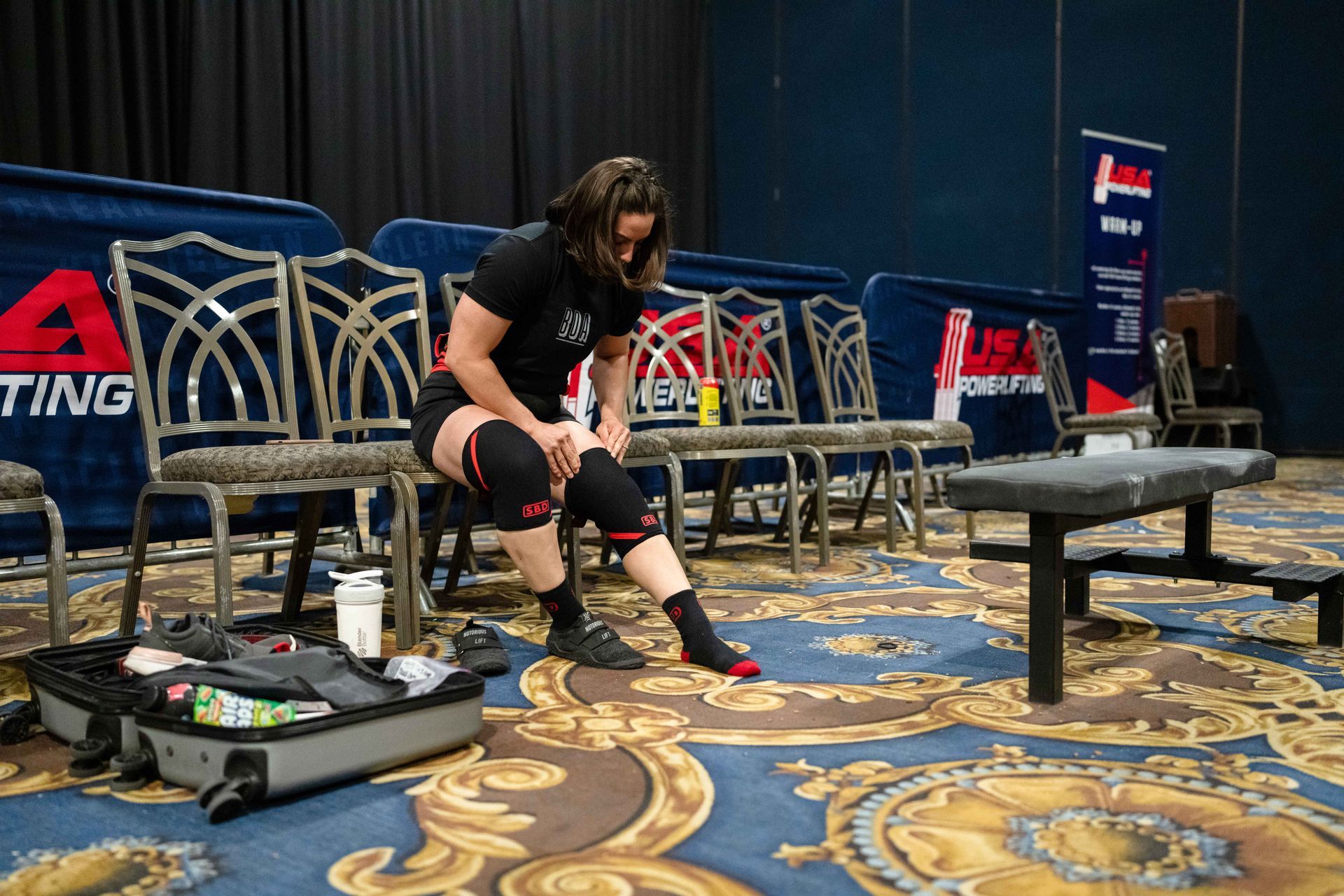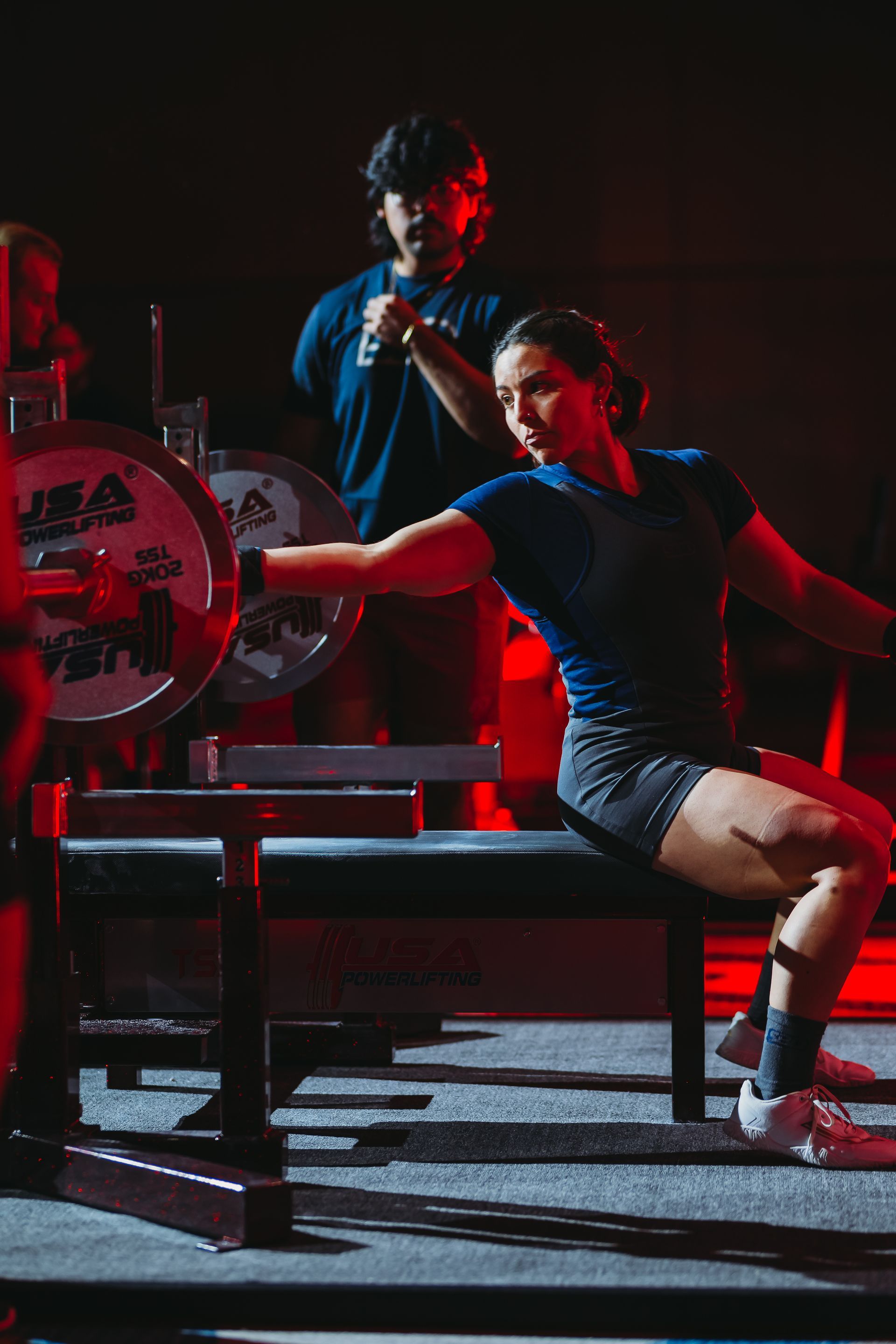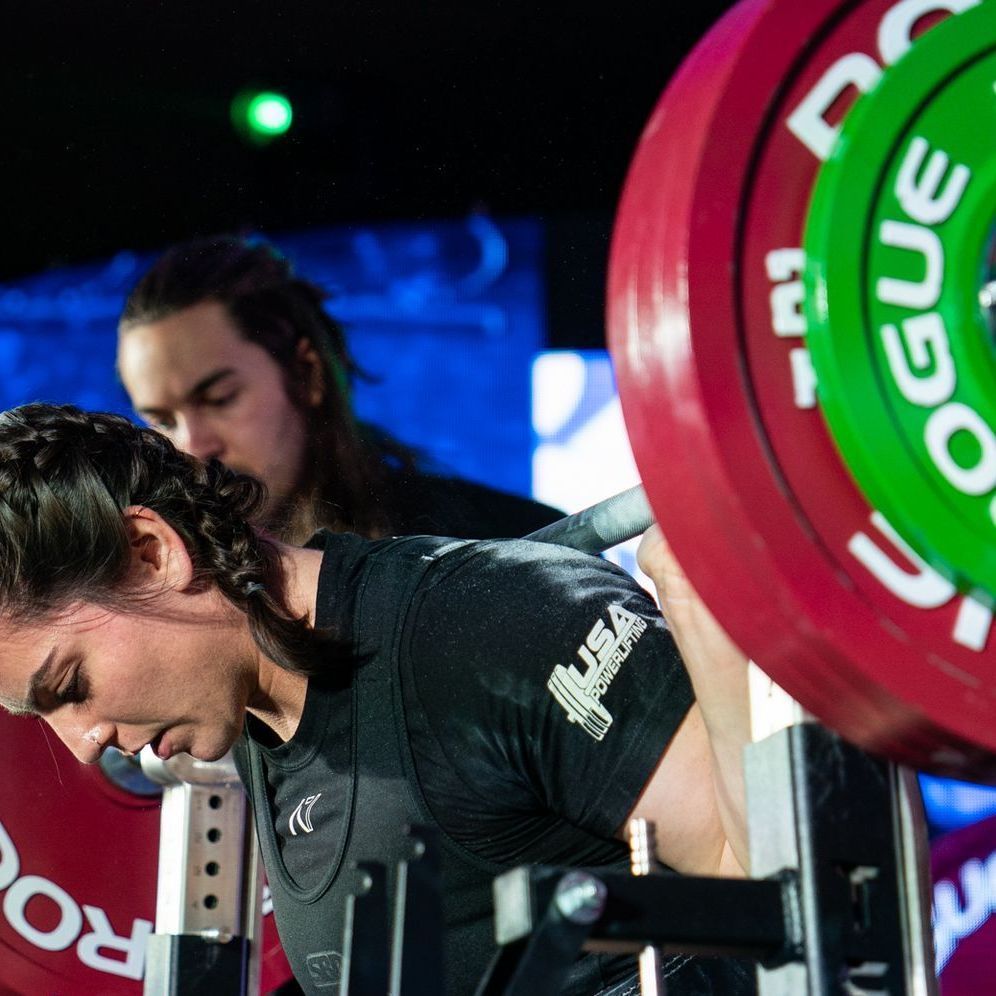BDA Coaching Blog
Managing Training Expectations
Gabby Martinez • February 17, 2023

Managing Expectations. What does that even mean?
When I refer to the phrase "managing expectations," I'm usually talking about the discipline one must have in order to maintain an appropriate weight selection for a given RPE on any given day. Whether it's for a top set of 7 in a volume phase or a top single at the end of a meet prep. Most people I talk to refer to this specifically when someone is experiencing negative emotions or responses to a poor training session. Sometimes after someone overshoots or fails a lift in the middle of a training phase or block.
We all want to get stronger, feel great, and hit some consistent progressions throughout every block. But, what does that look like when strength fluctuates? What does it mean to manage expectations when things aren't going great in training? How can you approach bad training sessions, weeks, or even blocks in a way that allows you to still enjoy training?
Let's talk about it.
Scenario.
I very recently had to apply this lesson to a training session in preparation for the Pro Series Finale in Ohio this upcoming March. I walked into a bench session feeling absolutely massive and strong after taking a couple of days to get enough food in me, rest a little extra, and hydrate. But, I noticed as I was warming up that things felt a little awkward. Almost like I just couldn't get a good grip on the floor with my feet, my lats weren't wanting to work with me, and my elbow was starting to experience the all too familiar pain that I have on and off from my equipment days as intensity rises.
By the time I got to my second to last warm up set, it was just not moving well. I was still thinking that I could just brace harder or put more mental energy into myself to at least match what I had done the previous week. I did not want to be regressing in this prep where I am expected to be at my all time best as I go up against two of the best lifters in the country. No pressure.
In the past, I definitely would've let my ego, anxiety, and ignorance rule and loaded up enough to match the previous week. Most definitely should have gone even lighter than I ended up going for the day, but I was mature enough to know that I needed to pull back that day so I wouldn't overreach enough to aggravate more aches that could affect the remainder of my prep, potentially fail the lift at an RPE of 7.5 (which would've been devastating to me), or be a bad example for my athletes.
I still overshot a bit even with the adjustment in mentality I took, and that isn't even what I was angry about. How could this weight I've used as an opener before be so heavy? I'm in prep for the biggest meet of the year. This is such a bad sign for the rest of my block... Right?
Take a step back.
When training isn't going great, take a step back and make sure you remember the bigger picture. It is not about what you hit on any given day in training. It's about how all of those training sessions add up and how you perform on meet day. In order to feel your best on that platform, you need to do everything you can to not just prove you can hit that PR, but also ensure you've got excellent nutrition, recovery, all the non-gym bases.
My advice when you have a bad session, week, or block is to focus on the work you can control. If numbers aren't great, what can you focus on while you're at the gym to get the most out of your time? Can you at least work on bracing, self unracks, slowing down on accessories, or maybe just drinking water while you're at the gym? It's inevitable that bad sessions will come around every so often because life can be draining. How you react to that will have a much bigger impact on future training sessions than that one day you had to scale back 20kg on deadlifts because you had an exam that week.
It took me probably a full day or two before I sat down and watched the video and did my analysis. I like to look back at my own training videos a couple of hours or even a full day after I lift to look at what I did right, what could've been better, etc. Sometimes I do it before I leave the gym, but I've noticed that I hold a LOT of bias if I immediately run to my camera and watch my lift after racking my weight. I find that I'm so caught up in how it "felt" over how it objectively "looks." That's something I've spent a lot of time learning to recognize, and I even had a conversation with my friend, Gabe Cervantez about this. He gave me the advice to wait at least 10 minutes after hitting a big lift before you watch it back. This is probably a psychological bias we naturally have or maybe it has to do with skewed perception and adrenaline. After implementing that rule this prep, I think Gabe gave me some excellent advice there.
Conclusion.
If you are a competitive powerlifter that actively competes, then it is valuable to learn the discipline of managing expectations. Life happens. It's okay, but you need to make sure you're in the right mental space for when you need to make adjustments because they happen. Bad sessions don't mean your entire prep is ruined. It just means you had a bad session. So, try to make the most of what you can control. Be it your accessories, working on technique over the weight, trying to practice keeping a cool head when you're frustrated (very meet specific for me), etc.
Hopefully, you learned something from reading this! This is simply how I approach this specific topic that helps me maintain my own drive to give my all at every single session. Even if I can't do that by loading up a PR and having it move with ease every session, I can absolutely apply myself in other areas and still be giving my all.

a b c d e f g h i j k l m n o - Do not remove from template!!! it is important to support different fonts




